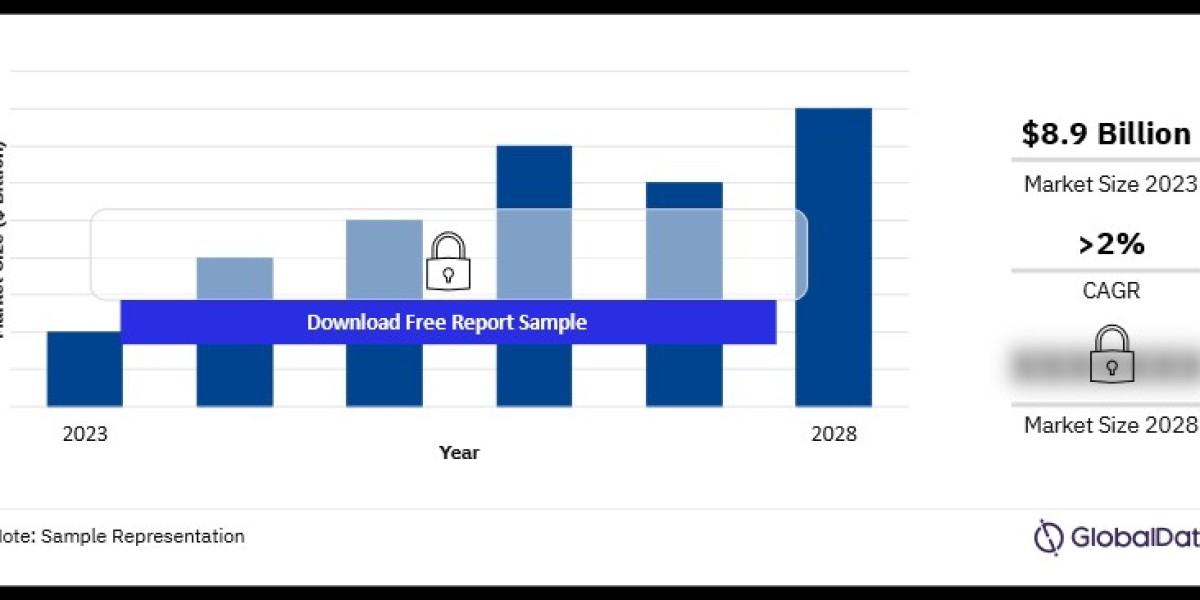In today's digital-first world, every industry is undergoing a transformation, and the insurance sector is no exception. The increasing penetration of smartphones has made mobile apps a vital tool for businesses to engage with their customers. This shift towards mobile technology is also reshaping the way Insurers interact with policyholders, manage claims, and offer new services. Insurance companies are now turning to insurance mobile app development to streamline operations, improve customer experience, and gain a competitive edge.
In this blog, we'll explore how insurance mobile app development is transforming the industry, the key features such apps must offer, and why now is the perfect time for insurance companies to invest in mobile app solutions.
Why Insurance Companies Need Mobile Apps
The modern consumer expects convenience at their fingertips. Whether it's shopping, banking, or health services, mobile apps have made it possible for people to manage various aspects of their lives with just a few taps. Insurance is no different. An insurance mobile app can provide policyholders with 24/7 access to their accounts, enabling them to manage policies, make claims, and pay premiums in a secure and convenient manner.
Additionally, mobile apps allow Insurers to gather valuable customer data, improve customer retention through personalized offers, and reduce operational costs by automating routine processes. A well-designed app can also help Insurers offer value-added services, such as roadside assistance, telematics for auto insurance, or health monitoring for life insurance, further Enhancing the customer experience.
Key Features of Insurance Mobile App Development
For an insurance mobile app development project to succeed, it must include certain essential features that cater to both the needs of the users and the operational goals of the insurance company.
- User-Friendly Interface The app should be intuitive and easy to navigate. Since insurance policies often involve complex information, the design should focus on simplicity, ensuring that users can find what they need quickly and easily.
- Policy Management Customers should be able to view and manage all their insurance policies in one place. This includes updating personal information, renewing policies, and accessing digital versions of their insurance documents.
- Claims Management One of the most critical aspects of any insurance app is claims processing. The app should make it simple for users to file claims, track their status, and receive updates in real-time. Features like uploading photos of accidents or damages can further streamline the process.
- Payment Integration Providing secure payment options for premium renewals or one-time payments is essential. The app should support multiple payment methods, including credit cards, digital wallets, and bank transfers, to accommodate user preferences.
- Push Notifications Push Notifications can be a powerful tool to keep policyholders engaged. These alerts can remind users about upcoming payments, policy renewals, or new services, ensuring that they remain informed and up-to-date.
- Customer Support Offering seamless access to customer support is critical for building trust with users. Features like chatbots or direct access to support agents can help resolve customer queries faster and improve overall satisfaction.
- Telematics Integration For auto insurance apps, Integrating telematics data can provide personalized insurance plans based on the driver's habits. This is an example of how insurance mobile app development can leverage technology to create more customized experiences for users.
Benefits of Insurance Mobile App Development
The impact of insurance mobile app development goes far beyond offering convenience to policyholders. Below are some of the key benefits for both customers and insurance companies.
1. Improved Customer Engagement
Mobile apps allow insurance companies to engage with their customers more frequently and directly. Whether through personalized offers or reminders about policy renewals, apps keep users in the loop and encourage more interaction with the brand.
2. Enhanced Operational Efficiency
Automating processes like claims management, policy updates, and customer inquiries reduces the workload for human agents. This frees up valuable time and resources, allowing insurance companies to focus on more strategic initiatives.
3. Increased Customer Loyalty
A mobile app that offers users a seamless experience builds customer loyalty. By providing an easy-to-use platform for managing their insurance needs, customers are more likely to stay with the company long-term, leading to higher retention rates.
4. Cost Savings
Mobile apps can significantly reduce the need for physical paperwork and in-person visits, which can lead to cost savings. Automating claims processing, policy renewals, and customer service reduces overhead and streamlines operations.
5. Data-Driven Insights
Mobile apps can collect vast amounts of data on user behavior and preferences, providing insurance companies with valuable insights. This data can be used to refine products, improve customer service, and create more targeted marketing campaigns.
Challenges in Insurance Mobile App Development
While there are numerous benefits to developing a mobile app for insurance, there are also several challenges that companies may face:
- Data Security and Privacy : Since insurance apps handle sensitive personal information, ensuring data security is paramount. Companies must invest in robust encryption methods, secure payment gateways, and compliance with regulatory standards like GDPR or HIPAA.
- Integration with Legacy Systems : Many insurance companies still rely on outdated systems. Integrating these with a modern mobile app can be complex and may require significant investment in backend infrastructure.
- User Adoption : Convincing customers to download and regularly use the app can be a hurdle. Offering incentives, such as discounts or exclusive services through the app, can encourage more users to adopt the platform.
Conclusion
In a world where mobile technology is increasingly dominating the way businesses operate, insurance companies must adapt to stay relevant. Investing in insurance mobile app development offers numerous benefits, including improved customer engagement, operational efficiency, and increased loyalty. As mobile apps continue to evolve, Insurers who embrace this technology will be better positioned to meet the changing needs of their customers and remain competitive in the digital era.
By focusing on user-centric design, integrating essential features, and overcoming the challenges, insurance companies can unlock the full potential of mobile apps and create a more connected, streamlined experience for their policyholders.








